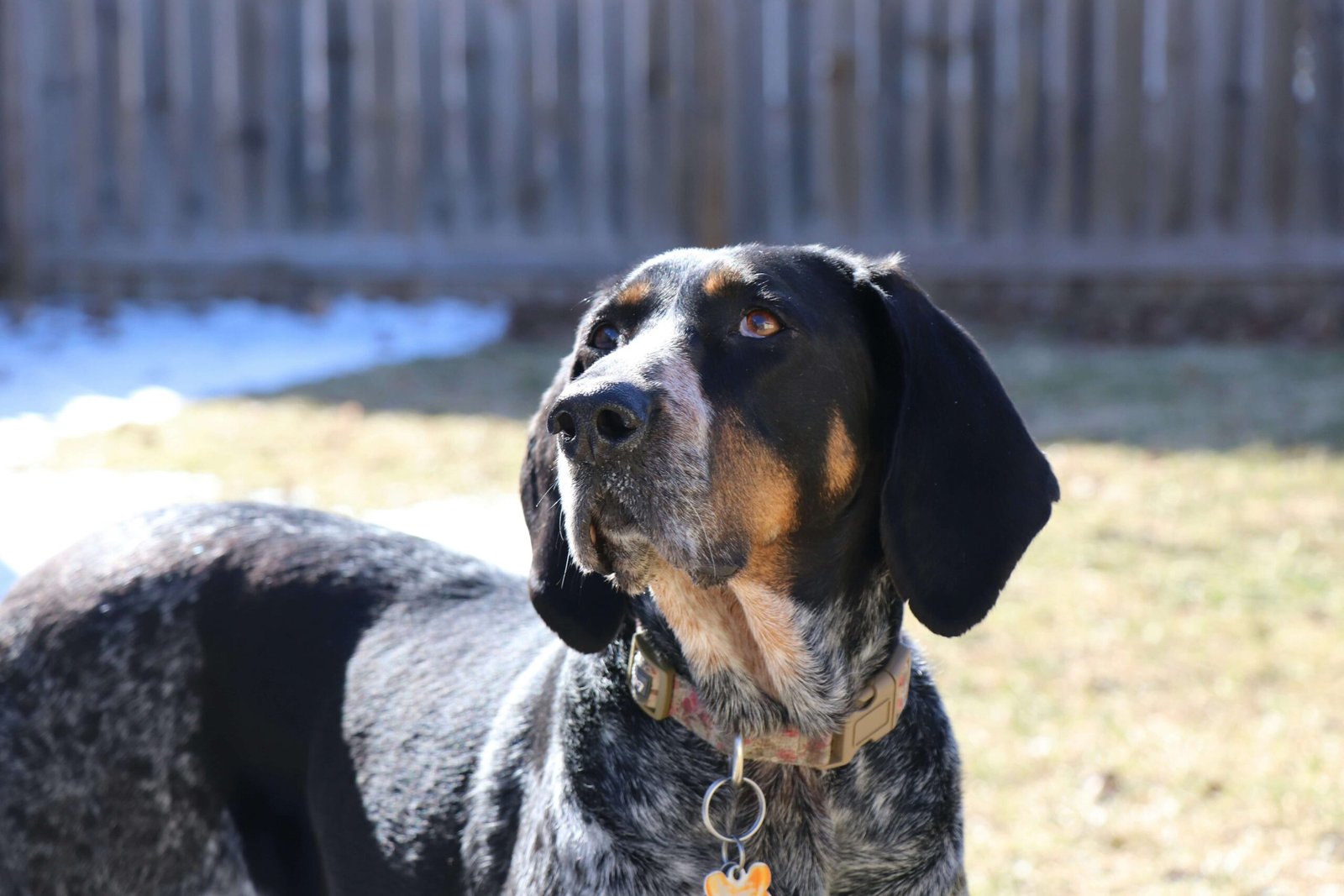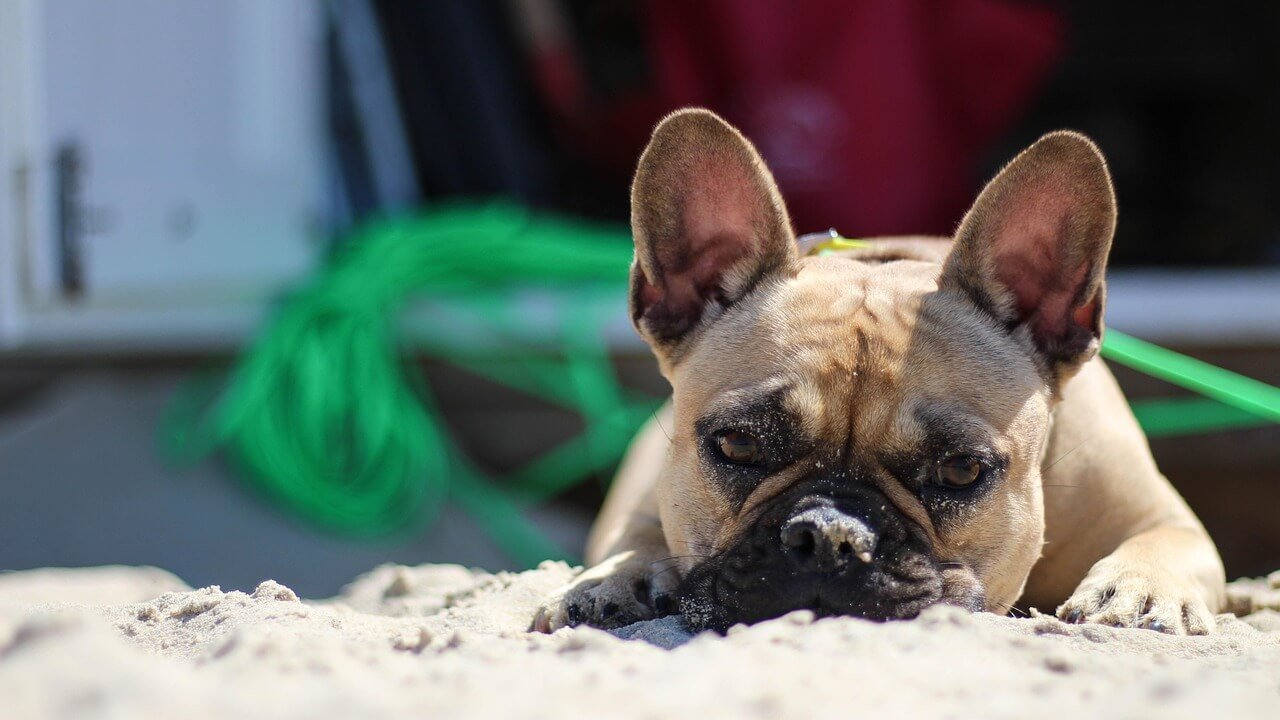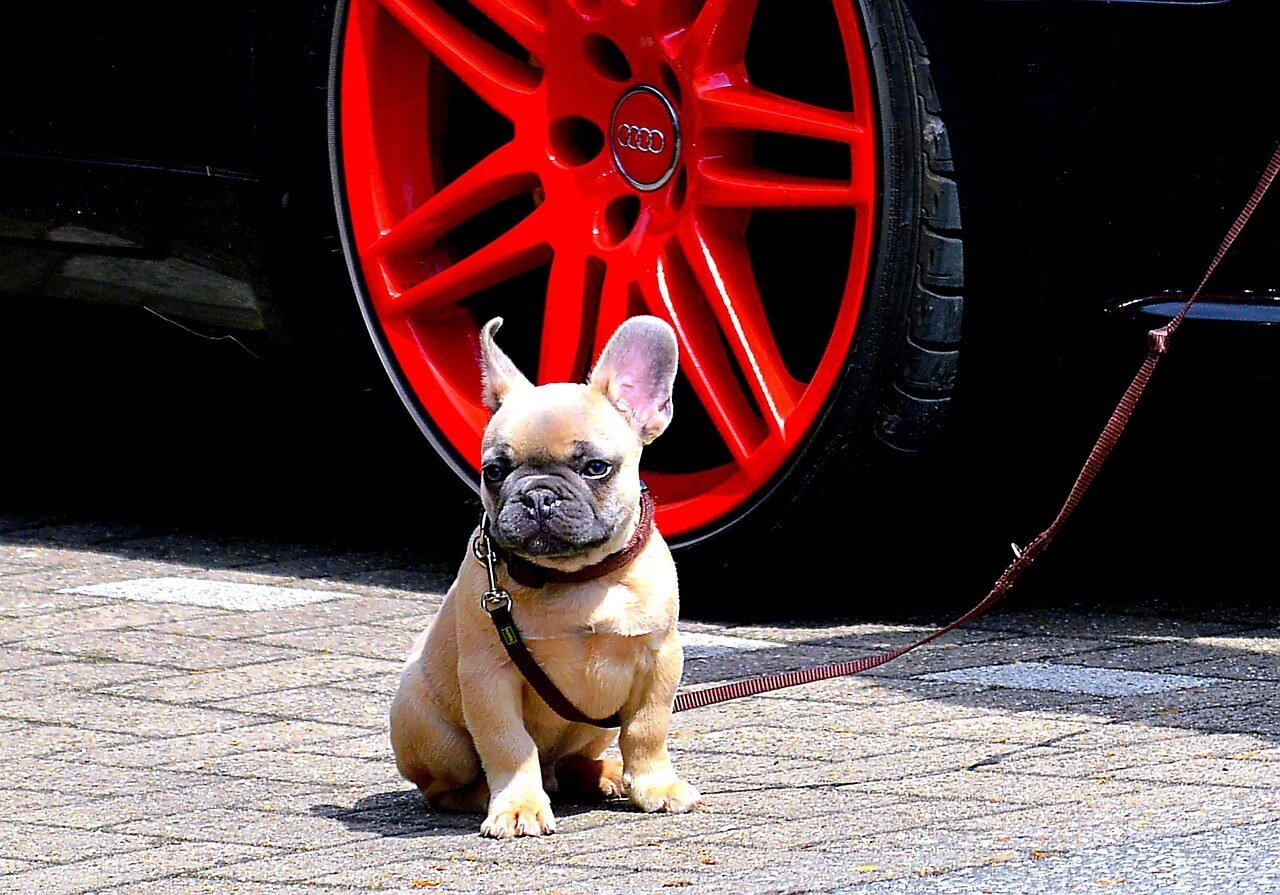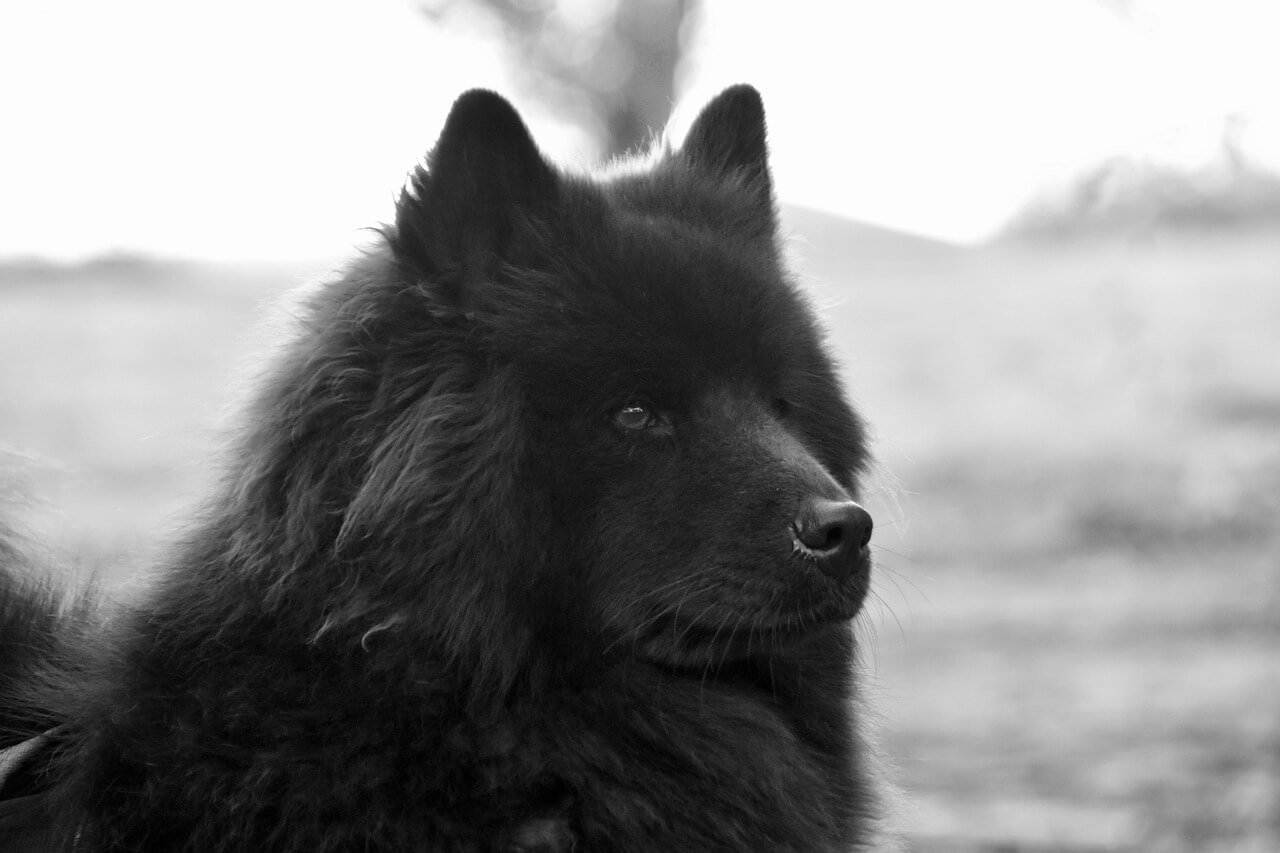The Majestic Hound Dog Breed: A Timeless Companion
When it comes to canine companions, few breeds capture the imagination quite like the hound dog. Known for their keen sense of smell, unwavering loyalty, and graceful demeanor, hounds have been cherished by humans for centuries.
Whether you’re an avid dog lover or simply curious about this remarkable group of dogs, there’s no denying the allure of the hound breed. From their storied history as hunting partners to their modern-day roles as beloved family pets, hounds continue to leave an indelible mark on our hearts. In this blog post, we’ll explore what makes hound dogs so special, their unique traits, and why they might just be the perfect addition to your home.
What Makes Hound Dogs Stand Out? Key Characteristics
Hound dogs are a diverse group, but they share several defining traits that set them apart from other breeds. These characteristics not only make them exceptional working dogs but also endearing companions. Here’s a closer look at what makes hounds truly unique:
- Exceptional Sense of Smell : Many hound breeds, such as Bloodhounds and Beagles, are renowned for their extraordinary olfactory abilities. This trait has made them invaluable in tracking and search-and-rescue missions.
- Strong Instincts : Hounds are natural hunters, with instincts honed over generations. Their ability to track prey or follow a scent trail is unparalleled.
- Loyal and Affectionate : Despite their independent streak, hounds form deep bonds with their human families. They thrive on companionship and love being part of the pack.
- Versatile Personalities : While some hounds are energetic and playful, others are calm and laid-back, making them suitable for a variety of lifestyles.
- Distinctive Appearance : From the sleek elegance of Greyhounds to the floppy ears of Basset Hounds, these dogs boast unique physical features that make them instantly recognizable.
In summary, hound dogs are a fascinating blend of intelligence, loyalty, and charm. Their distinctive traits make them a breed like no other, capable of adapting to various roles and environments.
Popular Hound Breeds: A Closer Look
With so many hound breeds to choose from, it can be challenging to decide which one might be the best fit for your lifestyle. Below, we’ve highlighted some of the most popular hound breeds, along with their key attributes:
- Beagle : Known for their friendly nature and compact size, Beagles are great for families. They are curious, energetic, and excellent sniffers.
- Greyhound : Often referred to as the “45 mph couch potato,” Greyhounds are surprisingly gentle and low-maintenance despite their racing heritage.
- Bloodhound : Famous for their unmatched sense of smell, Bloodhounds are diligent trackers and loving companions.
- Basset Hound : With their droopy eyes and soulful expressions, Basset Hounds are affectionate and easygoing, though they can be stubborn at times.
- Whippet : Agile and athletic, Whippets are perfect for active owners who enjoy outdoor activities like running or hiking.
Each of these breeds brings something special to the table, whether it’s their playful energy, calm demeanor, or striking appearance. No matter which hound you choose, you’re sure to find a loyal and loving companion.
Expert Insight: Why Hound Dogs Are Exceptional Companions
Renowned dog trainer and behaviorist Cesar Millan once highlighted the unique qualities of hound dogs, stating, “Hounds are some of the most loyal and intuitive dogs you’ll ever meet. Their ability to connect with humans is unmatched, whether they’re working in the field or lounging at home. They may have a mind of their own, but that’s what makes them so special.” This expert perspective underscores the breed’s adaptability and enduring charm.
Check this guide 👉 Top 4 Premium Beef Dog Food Options for Ultimate Nutrition!
Check this guide 👉 Top 5 Best Turkey Dog Food Options for Ultimate Nutrition!
Check this guide 👉 5 Best High-Fat Dog Foods for Ultimate Energy & Health!
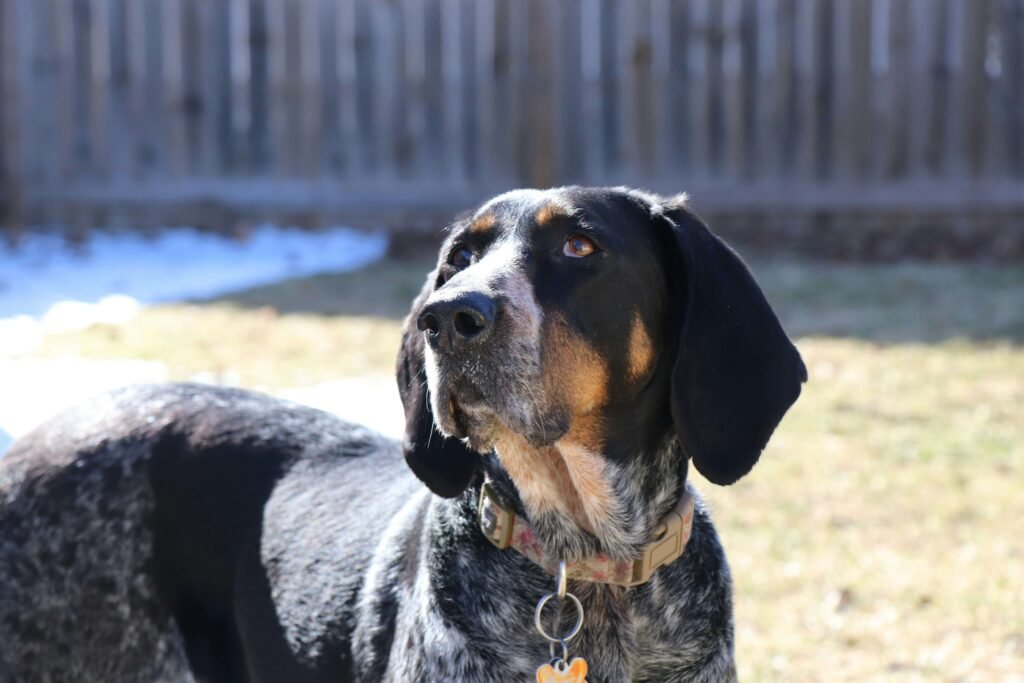
Pros | Cons |
|---|---|
Exceptional sense of smell | Can be stubborn and independent |
Loyal and affectionate | High exercise needs for some breeds |
Versatile personalities | Prone to separation anxiety |
Unique and elegant appearance | Some breeds require regular grooming |
Great for active families | Strong prey drive may lead to chasing |
Caring for Your Hound Dog: Tips for Success
Owning a hound dog can be incredibly rewarding, but it also comes with responsibilities. To ensure your furry friend thrives, consider the following care tips:
- Exercise Needs : Most hounds require plenty of physical activity to stay happy and healthy. Daily walks, playtime, and mental stimulation are essential.
- Training Challenges : Hounds can be independent thinkers, so patience and consistency are key when training them. Positive reinforcement works best.
- Grooming Requirements : While short-haired breeds like Greyhounds need minimal grooming, longer-haired hounds may require regular brushing to keep their coats shiny.
- Diet and Nutrition : Feed your hound a balanced diet tailored to their age, size, and activity level. Avoid overfeeding, as some breeds are prone to weight gain.
- Socialization : Early socialization helps hounds become well-adjusted adults. Introduce them to new people, animals, and environments gradually.
By understanding and meeting your hound’s needs, you’ll build a strong bond and create a harmonious living environment for both of you.
Fun Facts About Hound Dogs
Hound dogs are full of surprises, and learning more about them can deepen your appreciation for this incredible breed. Here are some fun facts you might not know:
- Ancient Origins : Hounds are one of the oldest dog groups, with roots tracing back thousands of years to ancient Egypt and Mesopotamia.
- Record-Breaking Senses : Bloodhounds can detect scents that are over 300 hours old, making them one of the most skilled tracking breeds.
- Speed Demons : Greyhounds are among the fastest land mammals, capable of reaching speeds up to 45 miles per hour in just a few strides.
- Pop Culture Icons : Hounds have made appearances in literature, movies, and TV shows, including Snoopy (a Beagle) and Odie (a fictional hound mix).
- Therapeutic Companions : Many hounds excel as therapy dogs due to their calm and gentle nature.
These fascinating tidbits highlight the rich history and versatility of hound dogs, proving that they’re much more than just pets—they’re legends in their own right.
Hound Dogs in Action: Roles They Excel In
Hound dogs are incredibly versatile and have been bred for a variety of roles throughout history. Their unique traits make them well-suited for specific tasks, but they also adapt beautifully to modern lifestyles. Here’s a look at some of the roles where hounds truly shine:
Hunting Companions :
Hounds were originally bred to assist hunters by tracking or chasing prey. Breeds like Coonhounds and Foxhounds excel in this role due to their stamina and sharp senses.Search-and-Rescue Heroes :
Thanks to their unparalleled sense of smell, breeds like Bloodhounds are often used in search-and-rescue operations to locate missing persons.Therapy and Emotional Support :
Many hounds, such as Greyhounds and Whippets, have calm temperaments that make them ideal therapy dogs, providing comfort to those in need.Competitive Sports Stars :
Hounds thrive in canine sports like lure coursing and agility, where their speed, focus, and athleticism can be showcased.Family Protectors :
While not traditionally guard dogs, hounds are deeply loyal and will alert their families to potential dangers, making them excellent watchdogs.
From their historical roots to their modern-day contributions, hound dogs continue to prove their worth in a wide range of roles. Their adaptability and dedication make them invaluable partners in work and play alike.
Hound Dogs and Their Unique Quirks: What to Expect
Every dog breed has its own set of quirks, and hound dogs are no exception. These charming idiosyncrasies are part of what makes them so endearing, but they can also catch new owners by surprise. Here’s a list of some common hound behaviors and traits to watch out for:
The “Sniff and Wander” Habit :
Hounds are notorious for following their noses, often leading them to wander off if not properly supervised or kept on a leash.Howling and Baying :
Many hounds, especially breeds like Beagles and Basset Hounds, have a distinctive vocalization style that includes howling or baying—a throwback to their hunting days.Stubborn Streaks :
Hounds can be independent thinkers, which sometimes translates into stubbornness during training sessions. Patience is key!Couch Potato Tendencies :
Despite their energy during playtime, many hounds, like Greyhounds, love lounging around the house and are perfectly content with long naps.Food Motivation :
Hounds often have a strong sense of smell and a hearty appetite, which can make them highly food-motivated—but also prone to scavenging if left unsupervised.
These quirks add to the charm of hound dogs, making them both entertaining and occasionally challenging companions. Understanding these traits will help you build a stronger bond and ensure a harmonious relationship with your furry friend.
Hound Dogs and Their Compatibility with Other Pets
If you’re considering adding a hound dog to a household with other pets, it’s important to understand how they might interact. Hounds are generally sociable, but their natural instincts and breed-specific traits can influence their compatibility. Here’s what you need to know:
Strong Prey Drive :
Many hounds, especially sighthounds like Greyhounds, have a strong instinct to chase smaller animals. This can pose challenges when living with cats, rabbits, or other small pets.Pack Mentality :
Hounds are pack-oriented dogs, which often makes them great companions for other dogs. They tend to enjoy the company of fellow canines and thrive in multi-dog households.Early Socialization is Key :
Introducing your hound to other pets gradually and under controlled conditions can help foster positive relationships and reduce potential conflicts.Individual Differences :
Not all hounds are the same—some may adapt easily to living with smaller pets, while others may require ongoing supervision due to their hunting instincts.Supervision and Training :
Even if your hound gets along well with other pets, it’s essential to supervise interactions initially and reinforce good behavior through consistent training.
With proper management and understanding, hound dogs can coexist peacefully with other pets, creating a harmonious and loving household. Their adaptable nature ensures they can fit into diverse family dynamics, as long as their needs and instincts are respected.
FAQ
Are hound dogs good with children?
Yes, most hound breeds are known for their gentle and patient nature, making them excellent companions for kids.
Do hound dogs bark a lot?
It depends on the breed. Some, like Beagles, are vocal, while others, like Greyhounds, tend to be quieter.
How much exercise do hound dogs need?
Exercise needs vary by breed, but most hounds benefit from at least 30-60 minutes of activity daily
Are hound dogs easy to train?
Hounds can be trained successfully, but their independent nature means they may require extra patience and consistency.
Do hound dogs shed a lot?
Shedding varies by breed. Short-haired hounds like Greyhounds shed minimally, while others may shed more seasonally.
Why a Hound Dog Could Be Your Perfect Match
In conclusion, hound dogs offer a winning combination of intelligence, loyalty, and charm that’s hard to resist. Whether you’re drawn to their incredible senses, their graceful appearance, or their loving personalities, there’s a hound breed out there for everyone. By understanding their unique needs and quirks, you can provide a happy and fulfilling life for your four-legged friend. So, if you’re ready to welcome a devoted companion into your home, consider opening your heart—and your arms—to a hound dog. After all, life is better with a hound by your side!
How to Train a French Bulldog: Best 7 Expert Tips! Discover effective strategies for obedience, socialization, and behavior management. Perfect for new Frenchie owners!
How Much Does a French Bulldog Cost? Best 7 Expert Tips! Discover essential advice on pricing, expenses, and budgeting for your new Frenchie companion today!
How Long Do French Bulldogs Live? Best 7 Tips! Discover the average lifespan of French Bulldogs and learn expert strategies to maximize their health and happiness.
What Can I Give My Dog for Immediate Pain Relief? Best 7 Tips - Discover safe remedies, natural solutions, and expert advice to help your dog feel better fast. Prioritize their health today!

